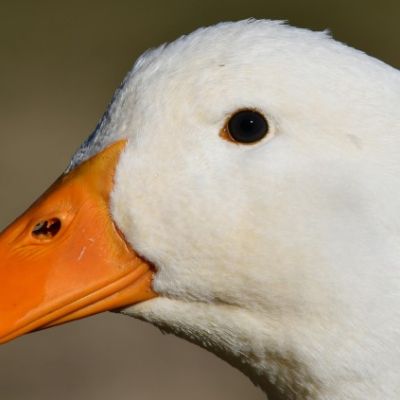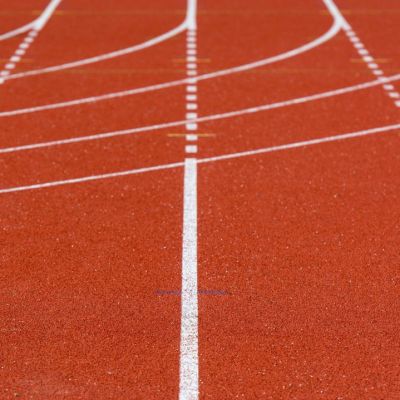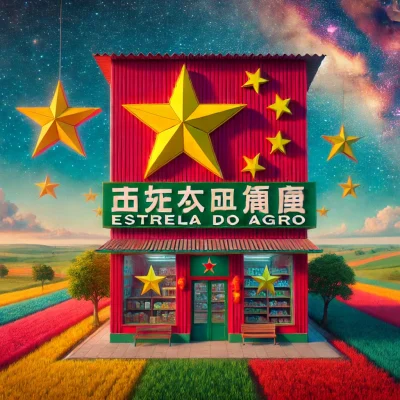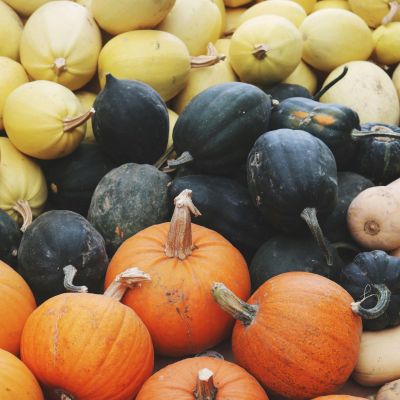Over the past few months, StrategicAg Consulting has conducted an in-depth competitive analysis of the Brazilian biological inputs market. The goal was clear: to understand what really sets the leading companies in the inoculants, biocontrol products and biostimulants market apart from increasingly fierce competition.
The answer was clear – and consistent across segments. When we looked at companies like Lallemand, Bioma and Stoller in the inoculants market, Koppert, Ballagro and Simbiose in biocontrol, and Stoller and ICL in biostimulants, we saw a common pattern of excellence.
See the three strategic pillars that explain this leadership:
1. Diversified portfolio
Leaders do not rely on a single successful product. They build robust portfolios capable of meeting multiple crops and agronomic needs. For example:
• Lallemand and Stoller stand out with inoculants based on Azospirillum and Bradyrhizobium, formulated with high-performance strains in soybeans and corn.
• Koppert masters biocontrol with a robust mix of microorganisms, such as Cordyceps, Trichoderma and Bacillus strains, each targeting a specific pest or disease.
This diversity of active ingredients and indications expands market reach, reduces seasonal risks and strengthens relationships with sales channels and producers.
2. Acting across the entire value chain
The most successful companies don’t just sell – they research, develop, produce, promote and provide technical support to the farmer.
• Koppert, Lallemand and Stoller operate with excellence throughout the entire organic chain.
• Even national companies such as Bioma and Ballagro have a greater number of people in R&D than many competitors, ensuring continuous innovation and adaptation to the Brazilian context.
This vertical integration provides agility, control and differentiation – essential in a dynamic and increasingly regulated market such as the biologicals market.
3. Direct access to the farmer
Leading companies stand out for being closer to the field. They rely on direct sales, technical training and a strong presence in strategic regions.
• Ballagro, Simbiose and Stoller have a significant portion of their sales made directly.
This model strengthens customer loyalty, accelerates feedback from the field and allows greater control over product positioning.
Final Considerations
The Brazilian biological inputs market is growing rapidly, but it is also becoming more competitive, with more than 150 companies offering often similar solutions. The leaders show that success does not depend solely on having a good product – but on building the right portfolio, with the right capabilities and the right business model.
For emerging companies – and also for multinationals that want to enter Brazil – the key question is not just what to launch, but how to operate.
At StrategicAg, we help our clients navigate this complexity and define tailored strategies to stand out, grow and thrive in this promising market.














